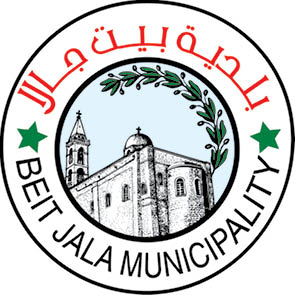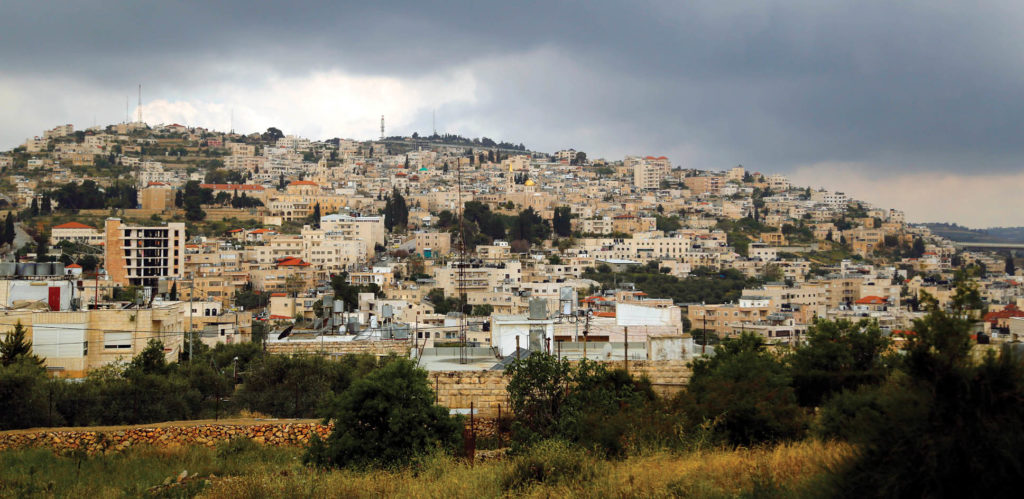
The morning of the first Thursday in March 2020 was just an ordinary morning in Beit Jala. People were drinking their coffee and shopping in the streets, kids were playing in schoolyards, employees and workers were busy, traffic was at its peak, and tourists were enjoying their time in the town. Not until noon that day, March 5, did everything totally shift into true chaos. The Palestinian Ministry of Health officially declared the incidence of the first COVID-19-infected cases in Palestine, inside the Angel Hotel in Beit Jala, the epicenter of the coronavirus outbreak in Palestine. On that day, Beit Jala regained its fame by placing our country on the worldwide coronavirus pandemic map.

Soon after the declaration of the outbreak, people reacted in various ways to this shocking news; some became obsessed, others sarcastic, but the majority were absolutely confused. In the meantime, the mayor immediately contacted the officials at the Palestinian Ministry of Health to take the necessary measures with the patients and the hotel staff and their relatives. Later, the government declared a state of emergency followed by the lockdown of all educational facilities. The governor of Bethlehem announced the closure of the area and imposed restriction of movement on the people of Beit Jala. All these actions were taken by the Palestinian leadership and the city authorities as important precautionary measures to help contain the spread of this highly contagious novel coronavirus. Furthermore, seven emergency committees were mobilized to deal with the situation. Another supporting crisis committee was also formed in Beit Jala by the municipality and the local community to provide basic supplies to the people, especially those who were under home quarantine (around 300 persons in Beit Jala city alone), including protective suits, face masks, cleaning and sterilizing materials, food, medicines, and any other urgent necessities. This committee continues its important work in cooperation with the official health and security personnel and also assists in spreading awareness through social media, especially to prevent any rumors that could cause people to panic.
We may not know when or how this crisis will vanish, but we are confident enough to say that we will be able to overcome this situation through our unity and mutual responsibility, despite our limited resources.
From Beit Jala, we convey our deepest appreciation to everyone who is contributing to ending this pandemic. As we say in Arabic, “Shiddeh wabetzoul” (hold on, and it will pass).
Stay home, and take care.

